Fenugreek Leaves – A Herb for Health
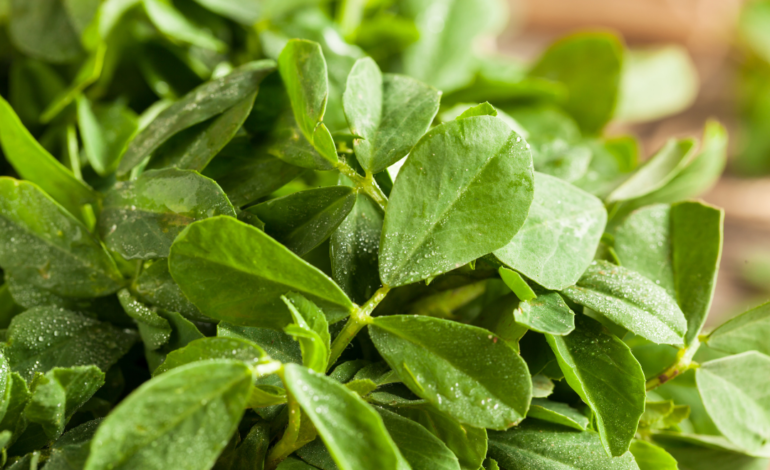
Fenugreek Leaves – A Herb for Health: (हिंदी पोस्ट के लिए कृपया यहां क्लिक करें) Fenugreek leaves, also known as Methi leaves, are a popular herb in Indian cuisine. They have a slightly bitter taste and are often used in dishes like curries, dals, and bread. Fenugreek leaves can be found fresh or dried in many supermarkets, specialty stores, and online. They can also be grown at home as a leafy green vegetable. In addition to their use as a culinary herb, fenugreek leaves are also used in traditional medicine to treat a variety of ailments.
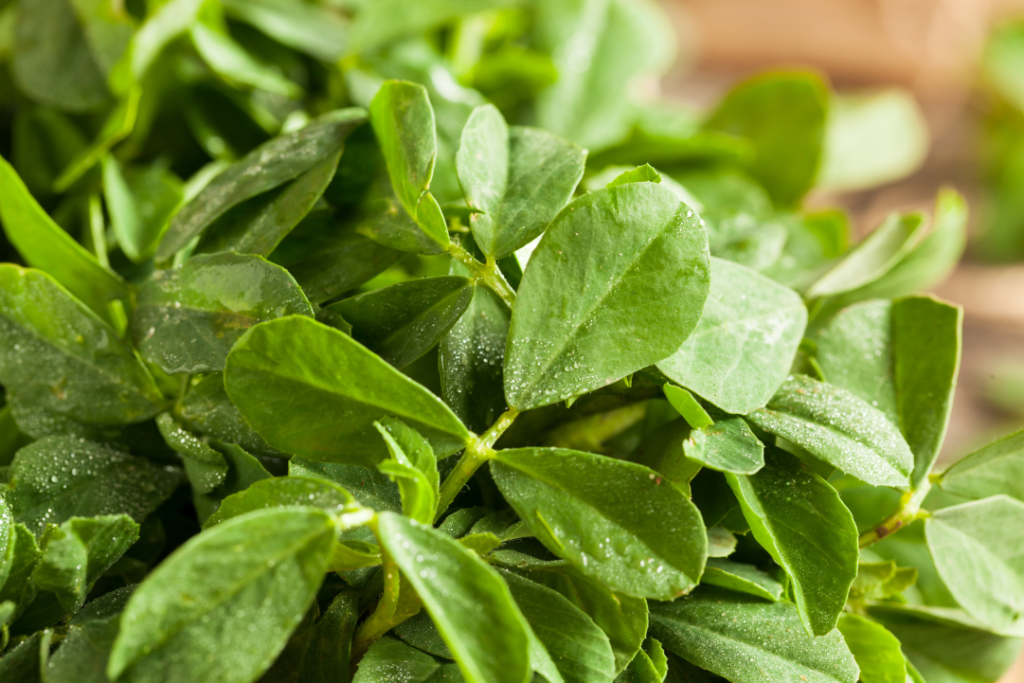
Nutritional Value of Fenugreek Leaves
Fenugreek leaves, also known as Methi leaves, are a good source of nutrients and have several potential health benefits. Here is some information on the nutritional value of methi leaves:
One cup (25 grams) of fresh Methi leaves contains approximately:
-
- 2 calories
- 0.1 grams of fat
- 0.4 grams of protein
- 0.4 grams of carbohydrates
- 0.1 grams of fiber
- 4.4 milligrams of calcium
- 0.4 milligrams of iron
- 8 milligrams of magnesium
- 4 milligrams of phosphorus
- 21 milligrams of potassium
- 13 milligrams of sodium
- 2 milligrams of vitamin C
- 35 micrograms of folate
Methi leaves are also a good source of antioxidants, which can help protect the body against oxidative stress and prevent cell damage. In addition to the nutrients listed above, Methi leaves also contain a variety of other vitamins, minerals, and plant compounds that may have health benefits. However, it’s important to note that the exact nutritional content of Methi leaves may vary depending on a variety of factors, including growing conditions, processing methods, and storage.
10 health benefits of fenugreek leaves
Fenugreek leaves, also known as Methi leaves, have been used in traditional medicine for centuries and are believed to have a range of potential health benefits. Here are a few proven health benefits of fenugreek leaves:
- May help lower blood sugar levels: Fenugreek leaves contain fiber, which can help slow the absorption of sugar in the bloodstream. Some studies have found that consuming fenugreek leaves may help lower blood sugar levels in people with diabetes.
- May reduce inflammation: Fenugreek leaves contain compounds that have anti-inflammatory effects and may help reduce inflammation in the body.
- May improve digestion: Fenugreek leaves are high in fiber, which can help improve digestion and prevent constipation.
- May lower cholesterol: Some research suggests that consuming fenugreek leaves may help lower cholesterol levels.
- May reduce the risk of heart disease: The anti-inflammatory and cholesterol-lowering effects of fenugreek leaves may help reduce the risk of heart disease.
- May improve lactation: Fenugreek is a traditional galactagogue, meaning it is believed to increase milk production in breastfeeding women.
- May improve skin health: Fenugreek leaves contain antioxidants and other nutrients that may help improve skin health.
- May reduce menopausal symptoms: Some research suggests that consuming fenugreek leaves may help reduce hot flashes and other menopausal symptoms.
- May improve hair health: Fenugreek leaves are sometimes used as a natural hair treatment to promote healthy hair growth.
- May have anticancer properties: Some studies have suggested that fenugreek leaves may have anticancer properties, although more research is needed to confirm this.
It’s important to note that while fenugreek leaves may offer a range of potential health benefits, more research is needed to fully understand their effects. As with any supplement or herbal remedy, it is always a good idea to consult with a healthcare provider before using fenugreek leaves for medicinal purposes.
Fenugreek Leaves: Include in your Diet
There are many ways to include fenugreek leaves in your diet. Here are a few ideas:
- Use fresh fenugreek leaves in salads, sandwiches, and wraps.
- Add fresh or dried fenugreek leaves to curries, dals, and other Indian dishes.
- Use fenugreek leaves to make pesto or other sauces.
- Mix chopped fenugreek leaves into yogurt or other dips.
- Add fresh or dried fenugreek leaves to soups and stews.
- Sprinkle dried fenugreek leaves over roasted vegetables.
- Use fenugreek leaves to make tea by steeping a small handful of fresh or dried leaves in hot water.
- Add fresh or dried fenugreek leaves to smoothies for a nutrient boost.
Remember to rinse fresh fenugreek leaves thoroughly before using them to remove any dirt or debris. Dried fenugreek leaves should be stored in an airtight container in a cool, dry place. Fresh fenugreek leaves should be stored in the refrigerator and used within a few days for the best flavor and texture.
Fenugreek Leave: Vegetarian Health Recipes

Here are a few vegetarian recipes that use fenugreek leaves (Methi):
- Methi paneer: This Indian dish is made with paneer (a type of Indian cheese) and fresh fenugreek leaves and is often served with rice or roti.
- Methi chana dal: This Indian dish is made with split chickpeas and fresh fenugreek leaves and is seasoned with a blend of aromatic spices.
- Methi matar: This Indian dish is made with green peas and fresh fenugreek leaves and is seasoned with a blend of aromatic spices.
- Methi aloo: This Indian dish is made with potatoes and fresh fenugreek leaves and is seasoned with a blend of aromatic spices.
- Methi paratha: These Indian flatbreads are made with a dough of whole wheat flour and fresh fenugreek leaves.
- Methi pakoras: These fritters are made with a batter of gram flour and fresh fenugreek leaves and are often served as a snack or appetizer.
- Methi rice: This Indian dish is made with basmati rice and fresh fenugreek leaves and is seasoned with a blend of aromatic spices.
- Methi vegetable korma: This Indian dish is made with a variety of vegetables and fresh fenugreek leaves and is cooked in a creamy coconut milk sauce.
- Methi tofu: This Indian-inspired dish is made with tofu and fresh fenugreek leaves and is seasoned with a blend of aromatic spices.
- Methi roti: These Indian flatbreads are made with a dough of whole wheat flour and fresh fenugreek leaves.
I hope these recipes inspire you to incorporate fenugreek leaves into your vegetarian cooking!
Fenugreek Seeds
Fenugreek seeds are small, yellow-brown seeds that have a nutty, slightly bitter taste. They are commonly used as a spice in Indian and Middle Eastern cooking and are also used in the production of artificial maple syrup. There are a number of ways to include fenugreek seeds in your diet. Here are a few ideas:
- Sprinkle fenugreek seeds over salads or roasted vegetables for a nutty, slightly bitter flavor.
- Add fenugreek seeds to smoothies or protein shakes for a boost of nutrients.
- Make a tea by steeping fenugreek seeds in hot water.
- Grind fenugreek seeds into a fine powder and use as a spice in curries and other dishes.
- Soak fenugreek seeds overnight, then blend them with water and a little honey to make a paste. This paste can be applied to the scalp to promote hair growth.
It’s important to note that fenugreek seeds have a strong, somewhat bitter flavor, so you may want to start with a small amount and gradually increase the amount you use as you become more accustomed to the taste. As with any dietary supplement, it’s always a good idea to speak with a healthcare professional before adding fenugreek seeds to your diet.
FAQS
Q1. What does fenugreek taste like?
Ans, Fenugreek has a slightly bitter and nutty taste, with a slightly sweet and pungent aroma. It is often used in small amounts in spice blends, as its strong flavor can be overpowering if used in large quantities. Some people describe the taste of fenugreek as being similar to that of burnt sugar or caramel. It is often used in Indian, Middle Eastern, and North African cooking, and is a common ingredient in curry powders and spice blends, as well as in pickles, chutneys, and sauces.
Q2. What happens if you take fenugreek every day?
Ans. Fenugreek is generally considered safe when taken in the amounts typically found in food. However, taking large amounts of fenugreek supplements can cause side effects such as diarrhea, stomach upset, bloating, and flatulence. Fenugreek can also affect the absorption and effectiveness of other medications, so it is important to talk to a healthcare provider before taking fenugreek supplements if you are taking any other medications. It is not recommended to take large amounts of fenugreek on a daily basis, as there is not enough research on the long-term effects of taking high doses of this herb.
Q3. Can fenugreek reduce belly fat?
Ans. There is some evidence that fenugreek may help with weight loss and reducing belly fat, although more research is needed to confirm this. Fenugreek is a plant that is commonly used in traditional medicine, and some studies have shown that it may have anti-obesity effects. One small study found that taking fenugreek supplements daily for eight weeks resulted in a reduction in body weight, body fat percentage, and waist circumference in obese women. However, the sample size of this study was small, and more research is needed to determine the effectiveness of fenugreek for reducing belly fat.
Q4. When should you not take fenugreek?
Ans. There are some people who should not take fenugreek or who should use caution when taking it. Fenugreek may not be suitable for people who are pregnant, as there is not enough research on its safety in this groups. Fenugreek may also interact with certain medications, including blood thinners and blood sugar-lowering medications, so it is important to talk to a healthcare provider before taking fenugreek if you are taking any other medications. Fenugreek may also cause side effects such as diarrhea, stomach upset, bloating, and flatulence, especially when taken in large amounts. If you experience any side effects while taking fenugreek, it is important to stop taking it and talk to a healthcare provider. It is always a good idea to talk to a healthcare provider before taking any new supplement, to ensure that it is safe and appropriate for you.




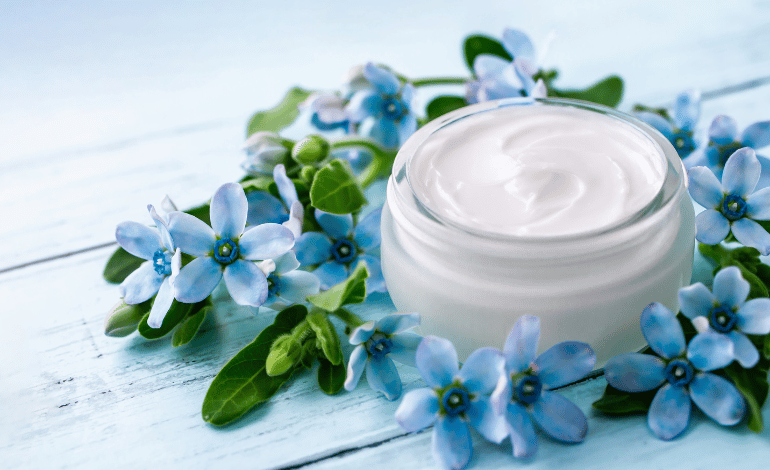


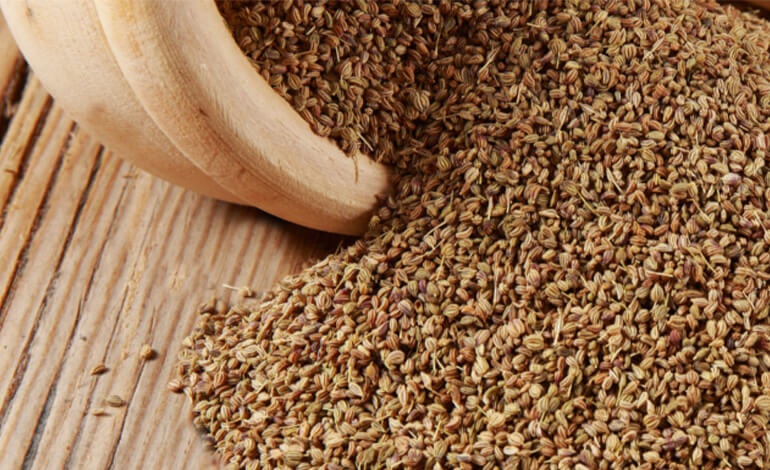
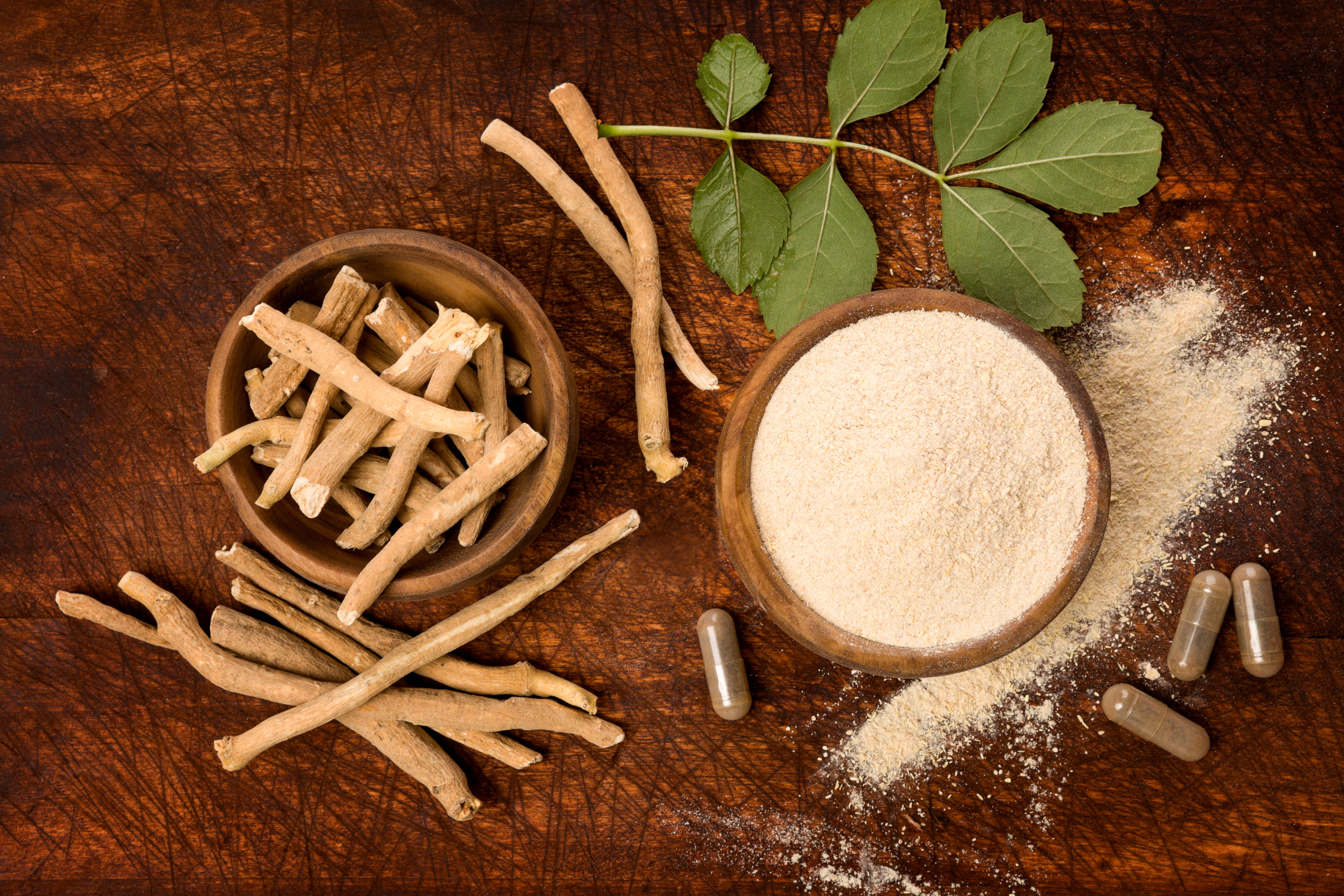
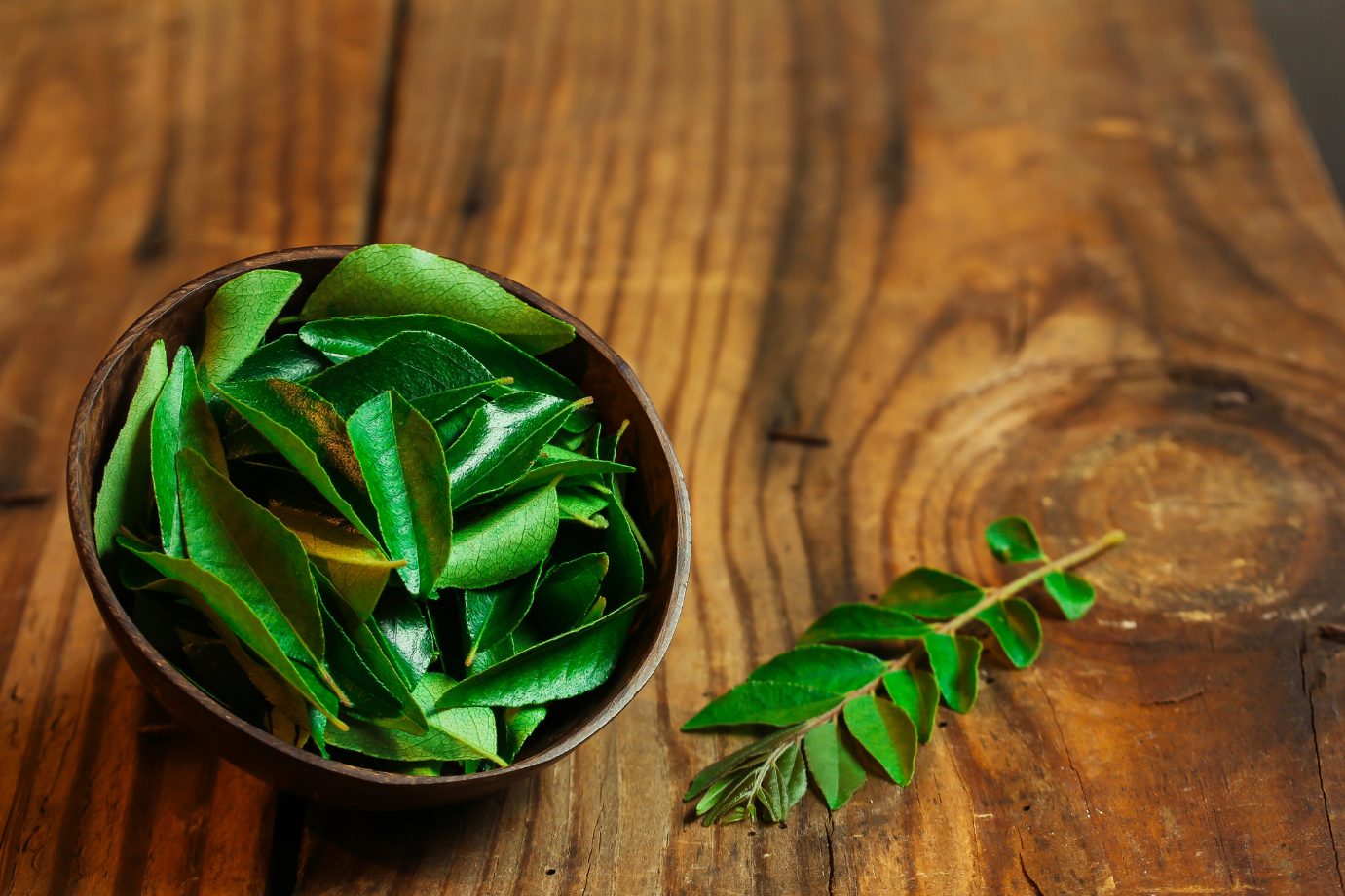
1 Comment
[…] के लिए एक जड़ी बूटी(Methi ke Patte ke Fayde) (For English Post Please click here): मेथी के पत्ते, भारतीय व्यंजनों में एक […]